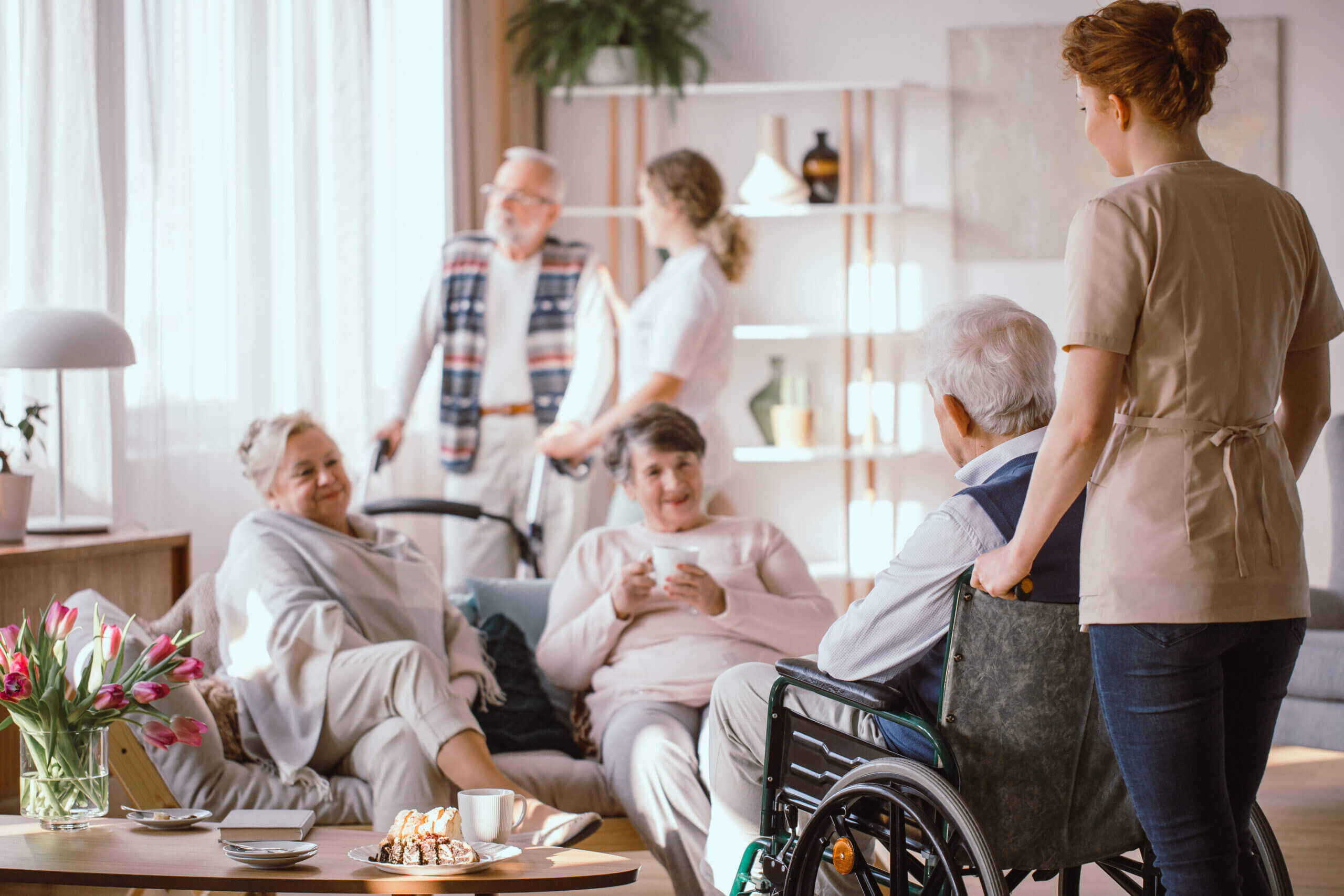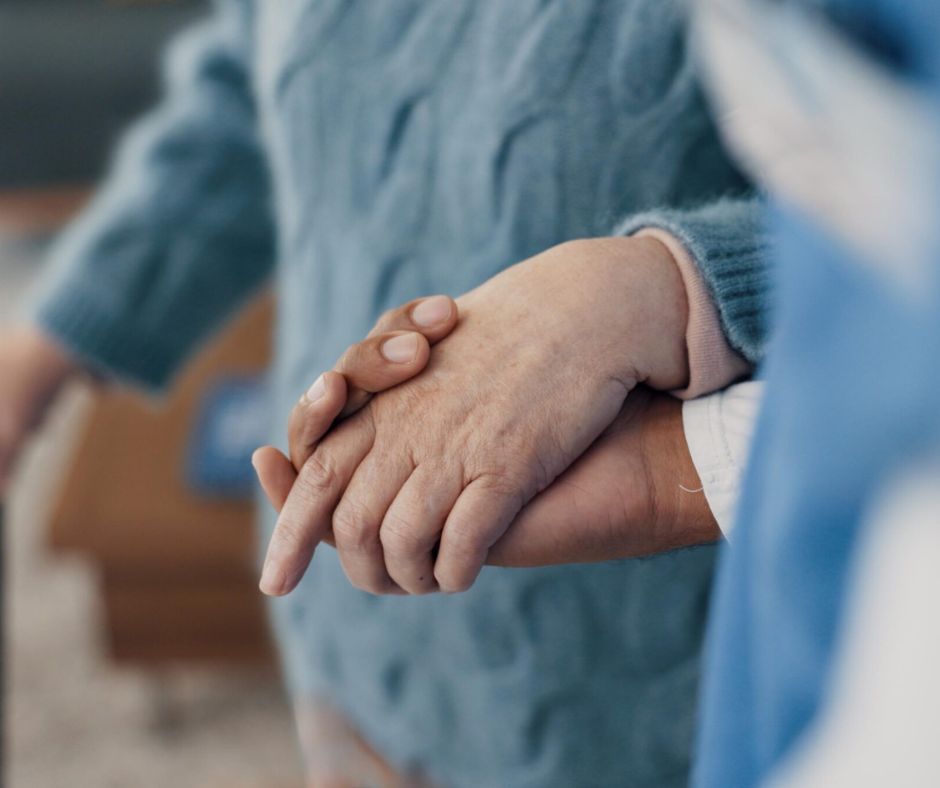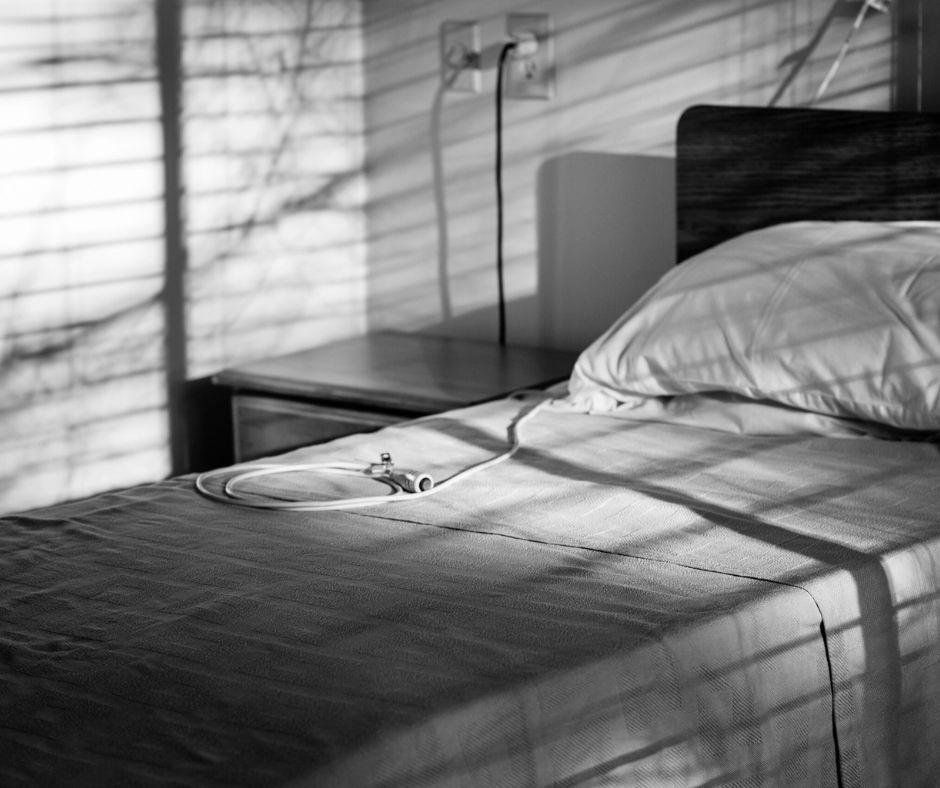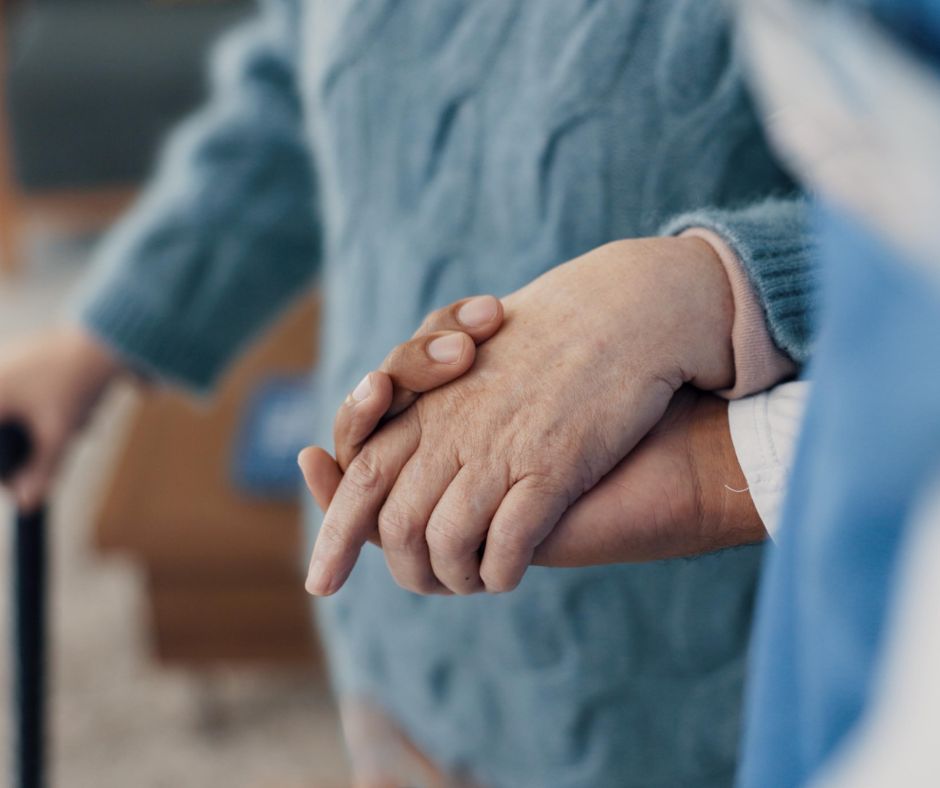Each state has its own regulations on whether or not the installation of cameras in an assisted living facility is legal. Some states require you to notify the nursing home that you are installing one, while other states do not require any notification. In California, you can install a camera in a resident’s room under certain circumstances.
Are Cameras Allowed In An Assisted Living Facility?
Before 2015, the law only allowed cameras in public areas like the hallways of assisted living facilities. You could not have one in a patient’s or resident’s room. That changed when the California Department of Social Services (CDSS) issued new guidelines. The CDSS Evaluator Guidelines Section 2-5800 now allows you to install cameras, provided you follow all rules.
For one, the resident must be aware of the camera and consent to its use. The family must also agree to the placement of a camera. Both the resident and the family must sign a waiver for the California Community Care Licensing Division. Read on for the steps that are necessary to comply with the guidelines thoroughly.
Steps To Placing Cameras In An Assisted Living Facility
Facilities interested in installing cameras in rooms need to follow proper protocols. These steps include the following:
- The facility consents to having cameras in the private areas of the facility.
- The patient is aware of and consents to the presence of the camera. If the person cannot consent, the person’s conservator or power of attorney agent must give consent.
- The assisted living facility applies for approval through the California Department of Social Services.
- The CDSS receives a signed waiver from the patient and family that details all regulations or rights a patient is waiving.
- The assisted living facility updates its Plan of Operation to describe its policy on the allowable use of surveillance and how it plans to maintain the patient’s confidentiality and privacy.
- The assisted living facility must keep recordings according to applicable privacy laws.
The facility is not required to approve your request to install a camera. If the management denies your request, your only options are to appeal the decision or look for a new home that allows you to install a “granny cam.”
Ethical Concerns Regarding Cameras In Rooms
There are always pros and cons to having assisted living facility cameras. Potential benefits include the ability for family members to monitor the caregivers and assisted living facility staff. If there are concerns of neglect or abuse, the camera should be able to catch the perpetrator on camera. In this way, the cameras could act as a deterrent to staff members who are inclined to mistreat patients—because they know that their acts are being taped and can result in losing their jobs and possibly criminal charges. Cameras could also help staff members check on patients who tend to get up on their own or might be in distress.
However, the most obvious concern with cameras is the invasion of privacy. Understandably, residents would be giving up their dignity to have their most private moments recorded. That means intimate moments involving hygiene and care would be subject to other eyes. No one wants their family to see things like that.
Another potential downside is that staff members might begin to rely on cameras too much and not visit patients in person. People still need human contact and might have non-urgent requests that aren’t being met because the staff isn’t coming in regularly.
Until California passes a law that requires nursing homes to install cameras to protect its residents and bedridden patients, family members are at the mercy of these facilities. Assisted living facilities with something to hide are likely to deny a request to place a camera in your loved one’s room.
Contact A California Nursing Home Neglect And Abuse Lawyer
If you suspect your loved one is the victim of nursing home neglect or abuse, reach out to a skilled California nursing home abuse lawyer at Silva Injury Law. Our compassionate legal team understands what a stressful and concerning time this is for your family. Protecting your family member’s rights is crucial, and this may require installing cameras in an assisted living facility. But by confronting the facility and pursuing legal action, you might help protect other families as well as your own.When you hire Silva Injury Law, you benefit from attorney Michael Joe Silva’s prior experience as a prosecutor for Merced County. He knows what’s necessary to build a successful case against these facilities. Please contact our office to schedule an initial consultation. Let us review your case and see how we can help.
Find Out How We Can Help
At Silva Injury Law we promote healing through compassionate advocacy. With each case tailored to the individual, we look our for your best interests by evaluating your unique circumstances. Contact us today for a FREE in person or remote consultation.

















 EMAIL
EMAIL  Ask AI
Ask AI  Access
Access